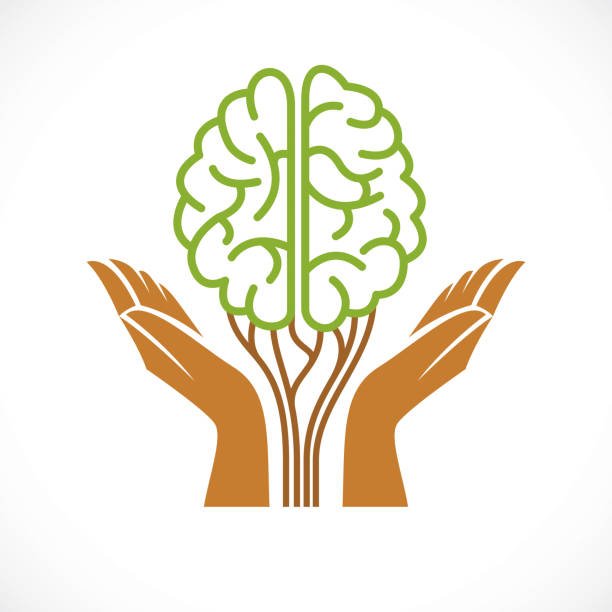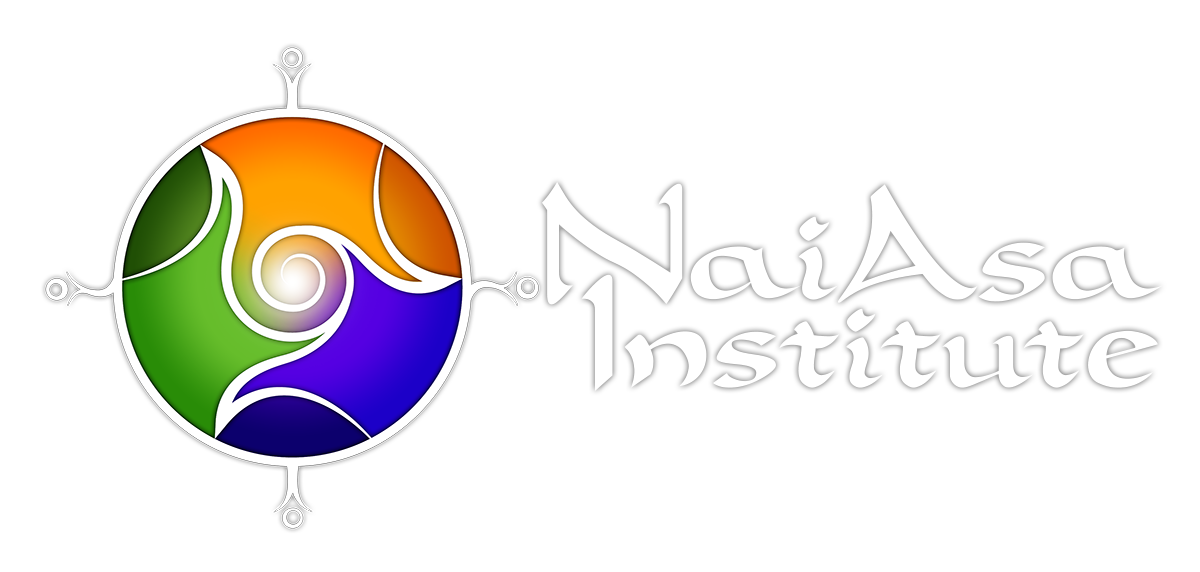
The Effects of NeuroSomatic Flow on Pregnancy and Infant Mental Health
BY Mariah Hofmeister
Sacred Scholarship Video Presentation & Paper
NaiAsa Institute NeuroSomatic Flow™ Teacher Training - May 2022
I have devoted the past 15 years of my life studying and working in infant and early childhood mental health. In my studies and experiences I have learned how impactful the early years are to the rest of a person’s life. “Infant mental health is the study of mental health as it applies to infants, toddlers, and their families. The field investigates optimal social and emotional development of infants and their families in the first three years of life” (wikipedia). In recent years, more and more studies have come out about the effects of the fetus during pregnancy, and how pregnancy is very significant for the future mental health of the child. Healthy development, in regards to infant and early childhood mental health, begins with the pregnant mother.
I am passionate about helping children and families to be as healthy as they can be. I love working with pregnant and parenting mothers and fathers, and I am always interested in having more tools to help. As I have experienced huge benefits in my own life in utilizing neurosomatic flow as a medicine, I would love to help others with this medicine. I think working with this modality with parents in the perinatal (pre and post natal) stage of life would be amazing. I believe that these benefits far outweigh just what a mother would receive, but in turn they would help their child as well
The Effects of Stress and Anxiety on the Fetus During Pregnancy
Many women worry a lot when they are pregnant. They may have concerns about whether or not their baby will be healthy or happy. They may worry if they will be a good mother. They may worry that they may parent how they were parented, which was not always positive. Will they be able to provide for their child? Will they be able to handle the stress that comes with parenting? Some may wonder how their partner will be, or whether or not they can truly do it without a partner. They may wonder how their other child(ren) will react. They may wonder if they made the right decision in going forward with the pregnancy. They may have fear or significant grief if they have lost a child. These are just a few of the many thoughts and questions that could enter the mind of a pregnant woman. Bringing a child into this world is not something people tend to take lightly. Worry, stress, and anxiety are just a few of the issues that pregnant women could deal with.
Could this worry, stress and anxiety have lasting effects on the baby? There have been several studies which conclude that stress and anxiety can have negative effects on the fetus, including a study conducted by Christine Dunkel Schetter and Lynlee Tanner in 2015 that concluded that “there is substantial evidence that anxiety, depression, and stress in pregnancy are risk factors for adverse outcomes for mothers and children. More specifically, anxiety in pregnancy is associated with shorter gestation and has adverse implications for fetal neurodevelopment and child outcomes” (p. 6). Epigenetics
The epigenetics of a child can be altered during pregnancy. “Epigenetics is the study of changes in gene activity which are not caused by changes in the DNA sequence. It is the study of gene expression, the way genes bring about their phenotypic effects” (Wikipedia). Studies have shown that maternal stress can change the epigenetics, or the gene expression, of a fetus. “Maternal experiences of stress during pregnancy have the potential to permanently alter the physiology of their offspring” (H Palma-Gudiel, et al, p. 893-894). Changing the thoughts and feelings of mothers during pregnancy, and helping them to decrease their anxiety and depression, could literally change the gene expression passed on to their fetus.
The effects that dance/movement/exercise have on a baby
In researching, I aimed to prove that dance and yoga decrease stress, anxiety, and/or depression in pregnant women. I discovered that there are not very many studies around this, especially around the benefits of dance. There are a few that do show that there are significant benefits of doing yoga during pregnancy. One in particular was interesting to me as it looked at the effects of mindfulness yoga during pregnancy for psychiatrically at-risk women. This study concluded that there were many advantages for these women, including that their symptoms of depression were significantly reduced, while mindfulness and maternal-fetal attachment significantly increased (Musik, et al).
Neurosomatic Flow
I imagine that being in “flow” in pregnancy can be very helpful in bringing positive vibes and positive changes to both the mother and the fetus. In the state of flow we do not think about being anxious or stressed; we are completely enjoying the present moment. Being in flow means that your body and mind are one, and both are experiencing a state of bliss. In one of the Science and Theory modules we learned about the four phases of the Flow Cycle. These four phases could be thought about in
the process of birthing a child. The first phase is struggle, which can last a long time for some women. Then comes release, which can be thought of as the process of actually birthing the baby, then flow, when a mother gets to (hopefully) meet and hold her newborn. Lastly comes what can be a long process of recovery. Keeping these flow phases in mind could be helpful for a mother.
Encouraging pregnant women to incorporate a somatic practice into their lives, such as neurosomatic flow, could be a step in helping them to truly think about what they notice. What do they notice in their breath and in their body? By utilizing neurosomatic flow, these women can create new patterns of thinking and being, breaking up any old beliefs or new limiting beliefs about parenting. By encouraging these women to utilize contralateral movement patterns such as those used in dancing with poi, they can rewire patterns in their brains. To get the full power from the neurosomatic flow technique, the woman needs to state a positive affirmation while doing this contralateral and new poi movement. This affirmation should be the positive affirmation that negates the negative or limiting belief. “As we birth these new neurophysiological patterns, we also birth new ways of being in the world” (Dr. Jinju Dasalla). This quote is perfect in thinking of the benefits of doing this while literally birthing a new human into this world.
Conclusion
How can we promote positive change in women during pregnancy, so that in turn she has a happier and healthier child? In this neurosomatic flow program we have learned about the many positive effects of neurosomatic flow. I propose that offering neurosomatic flow to pregnant women would improve their pregnancy outcomes and
the short and long term mental health outcomes of their child. The positive effects that neurosomatic flow have on stress and anxiety would decrease stress and anxiety through poi and movement in pregnancy, and in turn would improve mental and physical health outcomes of the child. This is the ultimate in the mental and physical health of our future.
References
Dunkel Schetter, Christine, and Lynlee Tanner (2012). “Anxiety, depression and stress in pregnancy: implications for mothers, children, research, and practice.” Current opinion in psychiatry vol. 25,2: 141-8. doi:10.1097/YCO.0b013e3283503680
H Palma-Gudiel, A Córdova-Palomera, E Eixarch, M Deuschle & L Fañanás (2015). Maternal psychosocial stress during pregnancy alters the epigenetic signature of the glucocorticoid receptor gene promoter in their offspring: a meta-analysis, Epigenetics, 10:10, 893-902, DOI: 10.1080/15592294.2015.1088630
Maria Muzik, Susan E.Hamilton, Katherine Lisa Rosenblum, Ellen Waxler, and Zahra Hadia (2012). Mindfulness yoga during pregnancy for psychiatrically at-risk women: Preliminary results from a pilot feasibility study. Complementary Therapies in Clinical Practice, vol. 18,4: 235-240.
